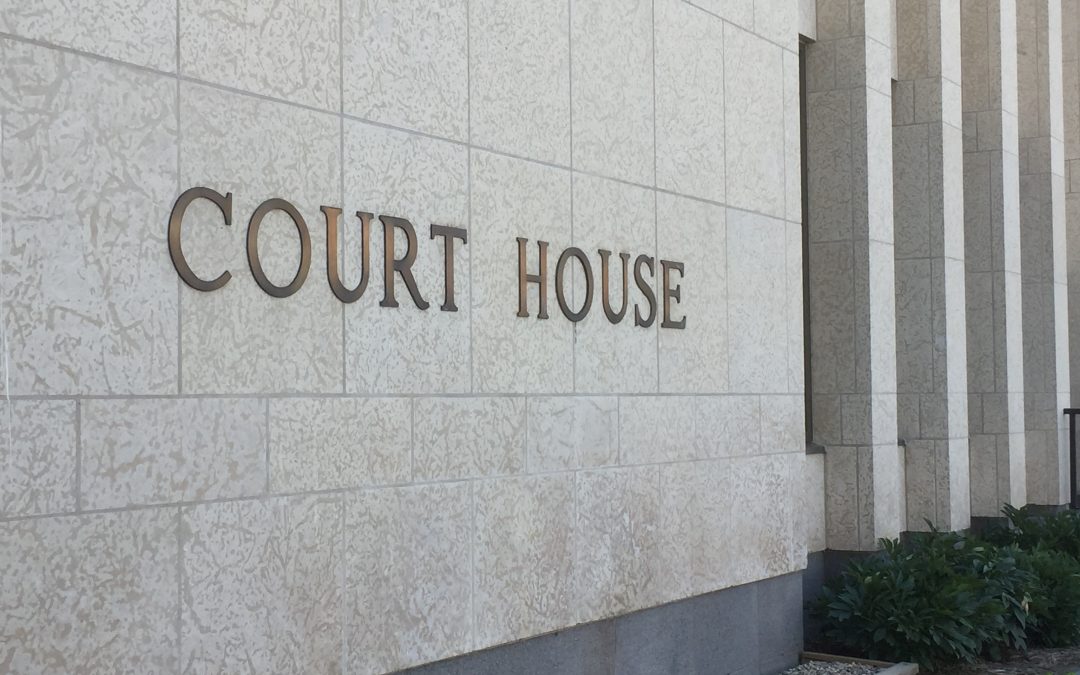The Sask. Court of Appeal has dismissed an application of a two-time killer, not only in his conviction, but his dangerous offender designation.
Elwin Goodpipe was found guilty by a jury of manslaughter in the death of Andre Aubertin, during a robbery attempt.
He was designated as a dangerous offender and sentenced to an indefinite term of imprisonment.
In his appeal Goodpipe, claimed the conviction was unreasonable, and the trial judge erred in assessing his risk to the community.
A witness testified hearing Goodpipe and another man discussing the possible robbery or theft of a French man, who may show resistance.
“I find no merit in Mr. Goodpipe’s attempt to suggest that he and Mr. Azure planned only a non‑violent theft and that, as a result, it was unreasonable for the jury to conclude collateral violence was foreseeable or probable. Any such line of thinking does not square with the evidence or with practical experience,” Justice Robert Richards wrote.
Goodpipe has a lengthy history of incarceration, as the 36-year-old at the time of his sentence was in and out of jail since he was 12. He had been convicted of more than 40 previous offences including another manslaughter that had also involved a home invasion and the use of a weapon, 11 other crimes involved violence, including a robbery, and one assault causing bodily harm.
He asserts that the judge during sentencing did not take into account his Indigenous ancestry, and that “the judge failed to appreciate the various systemic factors that stood in the way of him taking advantage of culturally appropriate treatment options when he was young.”
Goodpipe was assessed by a court-appointed psychiatrist which found him to be a high risk for future violence and a low likelihood that any treatment will reduce his risk of violence significantly.
“In light of all of these considerations, I am not persuaded that the sentencing judge erred in sentencing Mr. Goodpipe to an indefinite term of incarceration. I conclude that both Mr. Goodpipe’s conviction appeal and his sentence appeal must be dismissed,” concluded Justice Richards.
